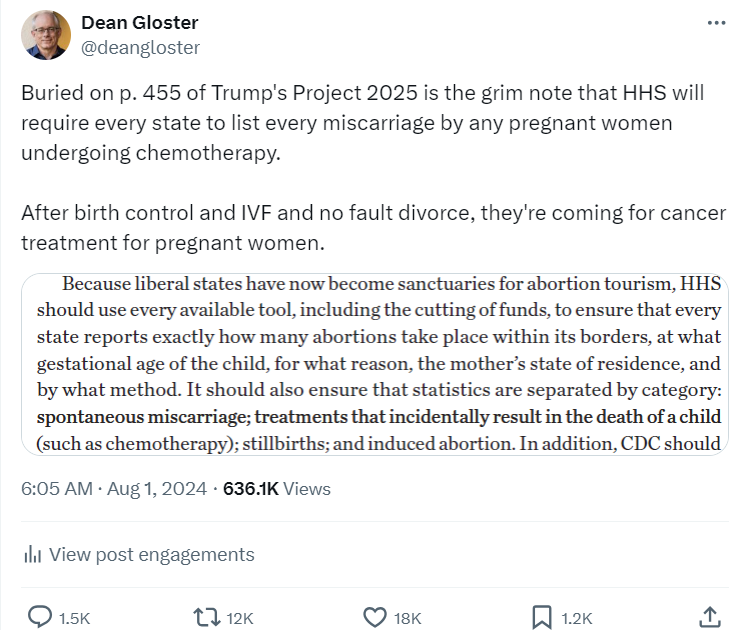Distrust Your Darlings But Don't Delete Your Words Due to Bullies by Dean Gloster
This
month’s topic is editing—editing yourself and being edited. I have thoughts on
both, which, these days, boils down to: be a brave, canny protagonist (in my view, good
advice for life generally.)
For editing
yourself, the most commonly misunderstood piece of advice is “kill your
darlings”—that is, delete that wonderful descriptions, joke, piece of dialogue,
or stellar chunk of prose that you are inordinately proud of, but which stands
out, and doesn’t quite serve your story.
Seriously.
The standard advice is to delete your very best stuff, when it doesn’t belong.
As is often the case, the most memorable and compelling phrasing of this
writing adage is by Stephen King: “Kill your darlings, kill your darlings, even
if it breaks your egocentric little scribbler’s heart, kill your darlings.”
For the
most part, that’s good advice, if a little extreme. Mike Schur, a
writer for The Simpsons, said in an interview that often they cut the very best
joke in every episode, which never made it to the final script, because that
joke didn’t serve the story—it didn’t move things forward.
And the
advice is--unfortunately--often necessary. We all resist prying these gems out of our
manuscripts, even when our critique partners, writers’ groups, or even editors
tell us they ought to go. Yes, it doesn’t really sound like something a
16-year-old girl would say. But it’s so good. Sigh. Cut it.
But it’s
advice that’s also overstated. Sometimes, those passages with brief flashes of
playful lyricism are what makes the book a delight to read. And as we’re
writing the story, we don’t always know what, at the end of the day, will
really belong. And not every 16-year-old girl sounds the same.
So, if you
do have a gem, a darling, instead of just deleting it, carefully copy it into a
separate document (I call mine snips) in case it needs to come back later, when
you realize it really does serve the story. That does make it a little easier
to pry out of the current draft.
A more
accurate and nuanced—but less pithy—rendition of this self-editing adage is: Be
deeply suspicious of your darlings and (usually) relocate them—out of the
manuscript.
My advice about letting certain other people edit us at this moment is far less nuanced:
Don’t let authoritarians and their enablers shut us up. Or cause us to silence ourselves.
This week,
Presidential candidate Donald Trump stomped all over various veterans’ graves
at Arlington National Cemetery, with photographers in tow, to create digital
campaign ads, in violation of both basic decency and federal law, 32 CFR
553.32(c), which provides “Memorial services and ceremonies…will not include
partisan political activities.”
In the
process, a member of Trump’s entourage assaulted a woman who, in the course of
her job at Arlington National Cemetery, tried to stop them. She promptly filed
a complaint, summoning officers, but chose not to file charges for assault
because “she was afraid that she was going to be retaliated against by Trump's
supporters.” An entirely reasonable fear, it turns out, because in the
meantime, Trump’s campaign spokesperson Steven Cheung had publicly accused her
of having “a mental health episode” for doing her job—an attack so over-the-top
that the U.S. Army responded with an unprecedented rebuke, that it was
unfortunate that she “and her professionalism had been unfairly attacked.”
I
understand the worker’s reluctance to become a victim of retaliation. But I
would urge all of us—especially writers—to be protagonists instead and to stand
against this rising tide of pro-authoritarian bullying. Those of you who’ve
read my posts here won’t be surprised to learn I am somewhat political online. (Understatement
alert.) I have a Twitter account with 142,000 followers, and occasionally what
I post there goes viral and triggers a response from the kind of people who
would bully that cemetery worker, enough so that they (rarely, but still) send
me soft-serve death threats in the replies:
One tweet I
sent recently:
Brought the immediate response of the following one-star review of my YA novel Dessert First,
worded so that I’d know exactly what had triggered it (and, presumably, so I would
mute my future similar social media posts to avoid this kind of retaliation
review):
It was, in fairness, a credible parody of my tweet. I reported it to Amazon anyway, and—while it’s still up as the latest review of my book—it apparently isn’t being used anymore to calculated the average number of stars for customer reviews. And, dear readers, I have not muted--and will not mute--my social media posts.
So yes—if
we write books the are inclusive, diverse, kind, honest, authentic, and open-hearted
enough to touch readers and make them feel seen, we may suffer consequences like
having our books banned in parts of Texas, Florida, and Missouri. Or getting nasty reviews. But I think
that means we should write more of those books, because our
readers need more of them. And we should also use our voices to speak out in favor
of democracy and decency, while we can. Many of us have platforms on social
media, and, as writers for young people, our platforms should be used for more
than ritual adverb sacrifices.
There may
come a time when, as writers, we are silenced. But we should not silence
ourselves before that curtain falls. And if we speak out enough now, we might even
prevent that from happening. That’s my choice, anyway.
Be brave, friends. Be a protagonist. And good luck to us all.
Margaret Atwood, demonstrating that it’s difficult to burn the fireproof version of her book














! Be a protagonist.
ReplyDeleteGo, you!
ReplyDeleteWell said! I pillory both Trump and our former governor who tried to imitate him, but was too stupid (in Maine) often in stories.
ReplyDelete